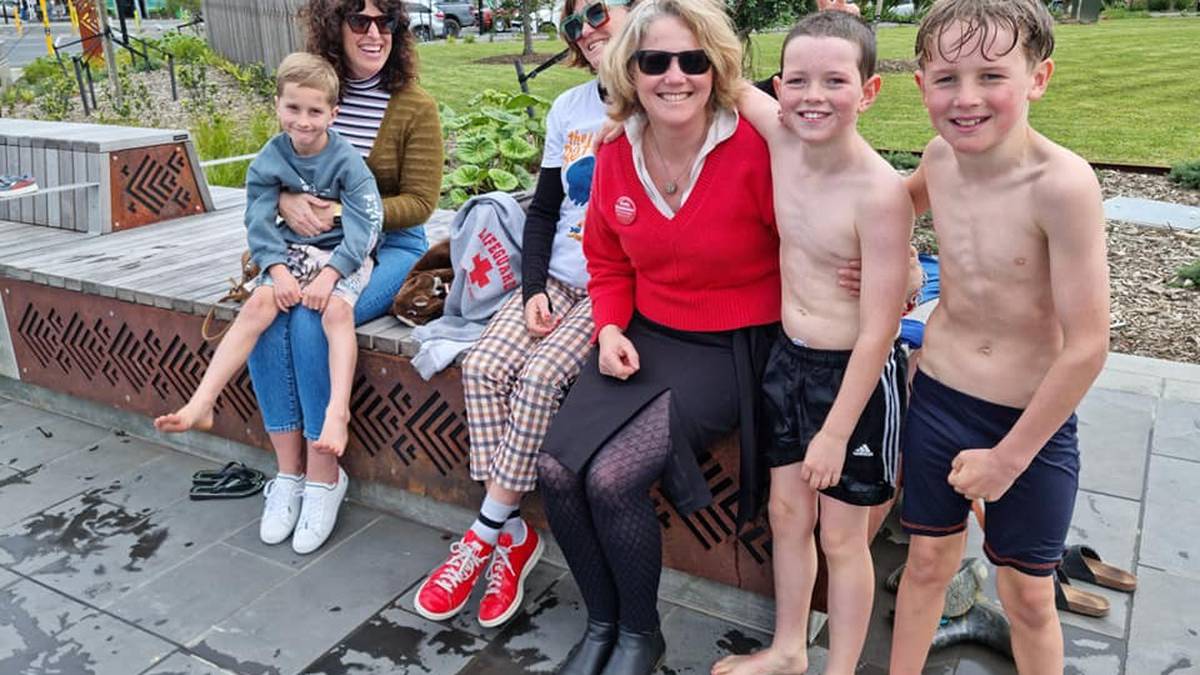Whangārei MP Emily Henderson stayed home to help raise her kids until she found a dream job worth the struggle. Photo / Supplied
OPINION
When our kids were little we chose for me to stay home, doing a bit of part-time work. But when youngest was 3, I found my dream job.
About this time, the then-National government froze childcare subsidies, and we quickly realised that after childcare costs for all four kids the sum total of my profit was about $10 a week.
It was marginal, but I chose to take the job because the professional experience was worth it.
I know from talking to people in our community there are other parents who wanted to return to paid employment but couldn’t for lack of childcare support and for many working families here in Whangārei, childcare continues to be one of the biggest household costs.
That’s why, as part of our government’s work to support New Zealanders with the cost of living, we’re making childcare more affordable for middle and low-income families, so families get the choice about what’s best for them and their kids.
The Prime Minister recently announced we’re significantly expanding childcare assistance, cutting costs for working parents and supporting more children into early education.
On top of this, we’re further boosting Working for Families and the Best Start payment, providing more support to help ease the pressures.
What’s more, about the same time as the National government froze childcare subsidies, they removed the Training Incentive Allowance – the benefit that allowed Paula Bennett to get a degree as a solo mum – depriving a generation of solo parents of the chance to improve their prospects through study.
We’ve already restored the TIA, but the new childcare subsidy will give even more support to solo caregivers who are studying.
These changes will kick in from April, with the amount each family will save dependent on their particular circumstances.
So, a family with two parents both working 40 hours a week on $26 an hour with two children under 5 who will not previously have got childcare assistance will now be eligible for $252 a week.
It’s not just good for the parents: enabling parents who want to work or train helps fill labour shortages, which is good news for local businesses and our economy.
When governments prioritise ordinary people it pays off for us all, a far better approach than the tired old “trickle down” theories that have failed us in Northland over decades.
While Mr Luxon wants to give nearly $6 billion in tax cuts to the richest 5 per cent of Kiwis, we’re prioritising putting money into the pockets of those who truly need it, and who will use it to directly benefit their families.
Maybe this is what happens when working mums make up the majority of government!




